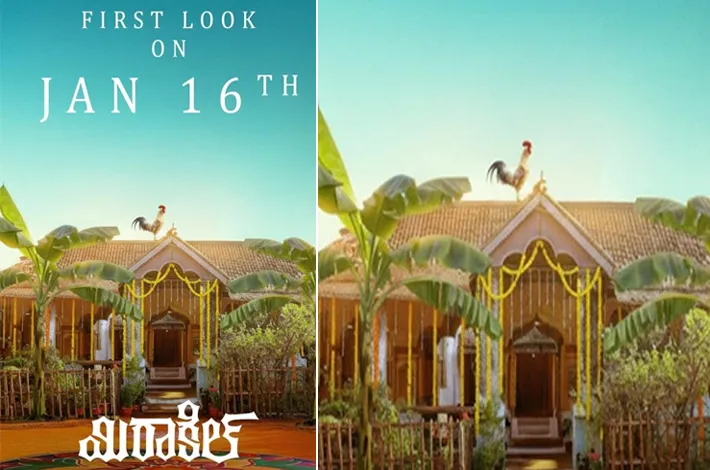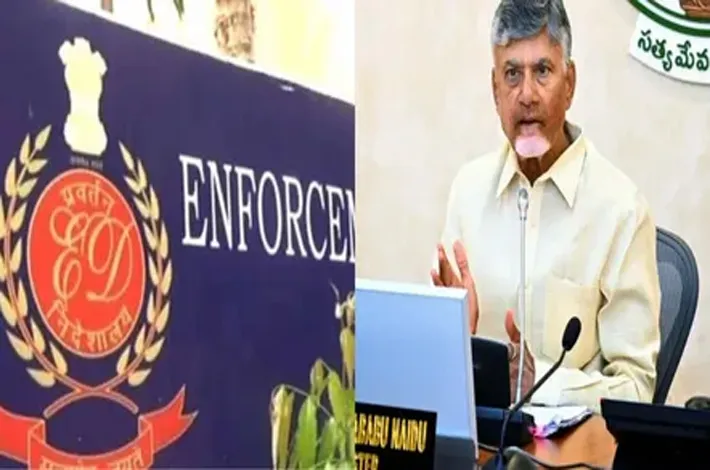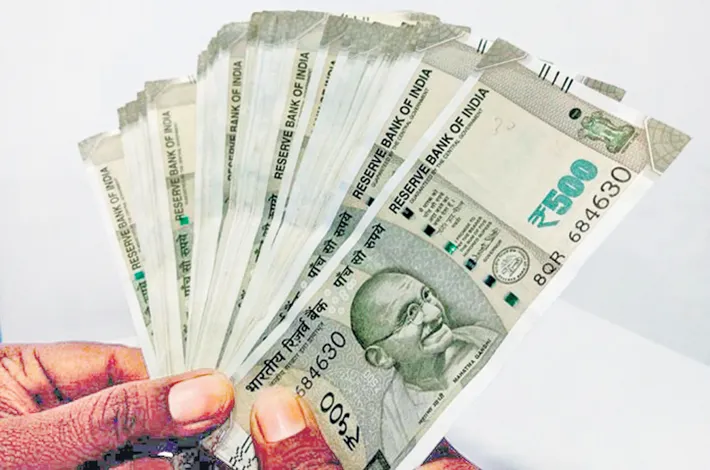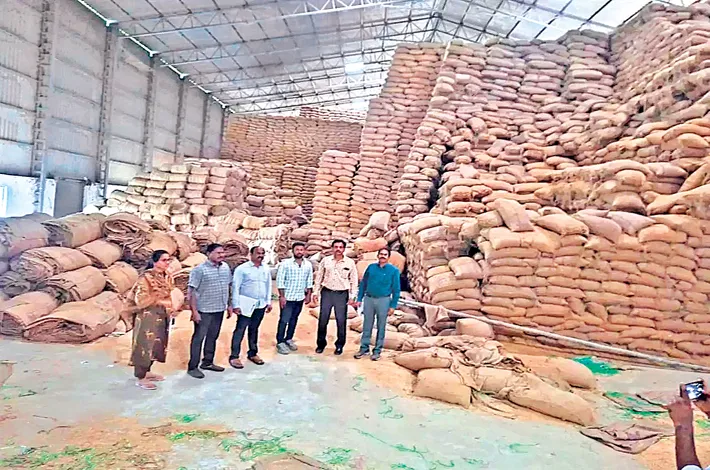Youngsters on Bihar’s political highway
06-11-2025 12:00:00 AM
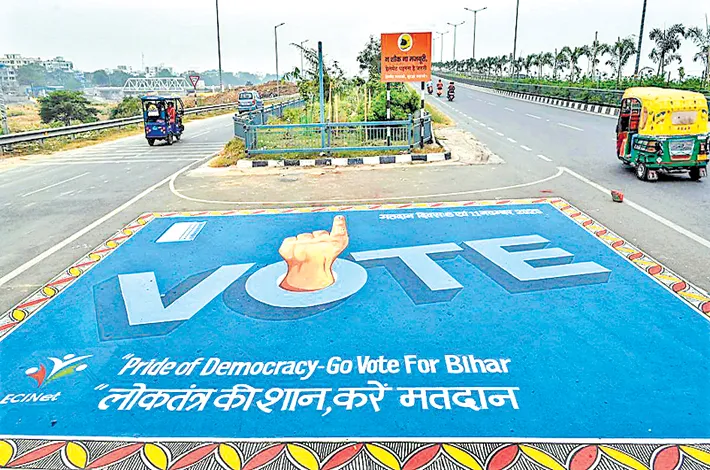
Lalita Iyer | Hyderabad
Travelling with senior journalist and old friend Faizan Ahmed, memories of earlier journeys and shared friends filled the drive from Patna to Lalganj—a small town in Vaishali district, 40 km away on the sandy banks of the Gandak River.
Our destination was to meet Shivani Shukla, daughter of three-time MLA Vijay Kumar Shukla, alias Munna Shukla, now incarcerated after a Supreme Court conviction in the Brij Bihari Prasad murder case. At 29, Shivani is among the youngest candidates in Bihar’s elections, contesting from Lalganj on an RJD ticket, ironically the party once opposed by her family.
Her main rival is Sanjay Kumar Singh of the BJP, the sitting MLA who won in 2020. Shivani, a law graduate from Alliance University, Bengaluru, and a master’s from Leeds University, UK, left her job at Trilegal, a top Delhi law firm, to support her mother Annu Shukla, also a former MLA. She claims her entry into politics was accidental, finalizing her nomination on the last day.
Despite being a political debutante, Shivani exudes confidence. Fluent in the local dialect, she mingles easily with women and children, charming them with warmth that partly disarms the weight of her father’s controversial legacy. Her father won Lalganj thrice on Independent, LJP, and JD(U) tickets, while her mother captured the seat in 2010. Now the family hopes to revive its hold under a new party flag.
Campaigning closed on November 4 for the first phase of voting. As we trailed her across the constituency, the countryside appeared lush after the monsoon. Lalganj town itself buzzed with campaign songs and flags. At her house, the family’s supporters, familiar with the media, offered us chairs and endless tea before we joined her convoy again.
At a highway toll, Shivani stopped to speak briefly. “I might have studied and lived in the UK and Delhi, but I know my roots,” she said. “Even if I don’t win, I’ll continue my work in education and law. I’m not going anywhere.” She hugged a bystander warmly before moving on.
While enthusiasm runs high, caste remains the decisive factor here, along with the promises—and money—parties pour in. Meanwhile, everyday life moves on: auto rickshaws ferrying sacks and schoolgirls, women stopping at temples or tea stalls. On Bihar’s highways, jhopdi peda shops sell hot khoya sweets, perfect with tea served in earthen cups that return to the soil.
Lunch was at Lallan Singh ka dhaba, a lively place where banter flew faster than the food. The fare wasn’t remarkable, but the atmosphere—flies included—was unforgettable.
On the return via Hajipur, famous for bananas, the crowded eight-lane highway reflected Bihar’s mix of bustle and transition. Near Patna, police checks intensified. A polite officer had me count the cash in my bag, reminding me individuals couldn’t carry over ₹50,000. Faizan scolded me thoroughly.
Crossing the JP Setu into Patna, crowds gathered along the Ganga for snan. The holy dip marked the end of the festive season—and, as locals said with a grin, the rise in meat prices.





